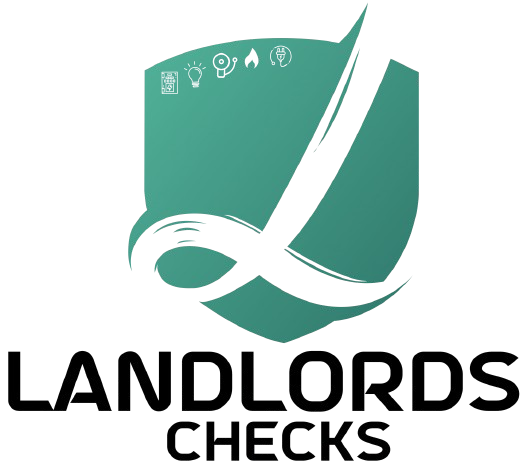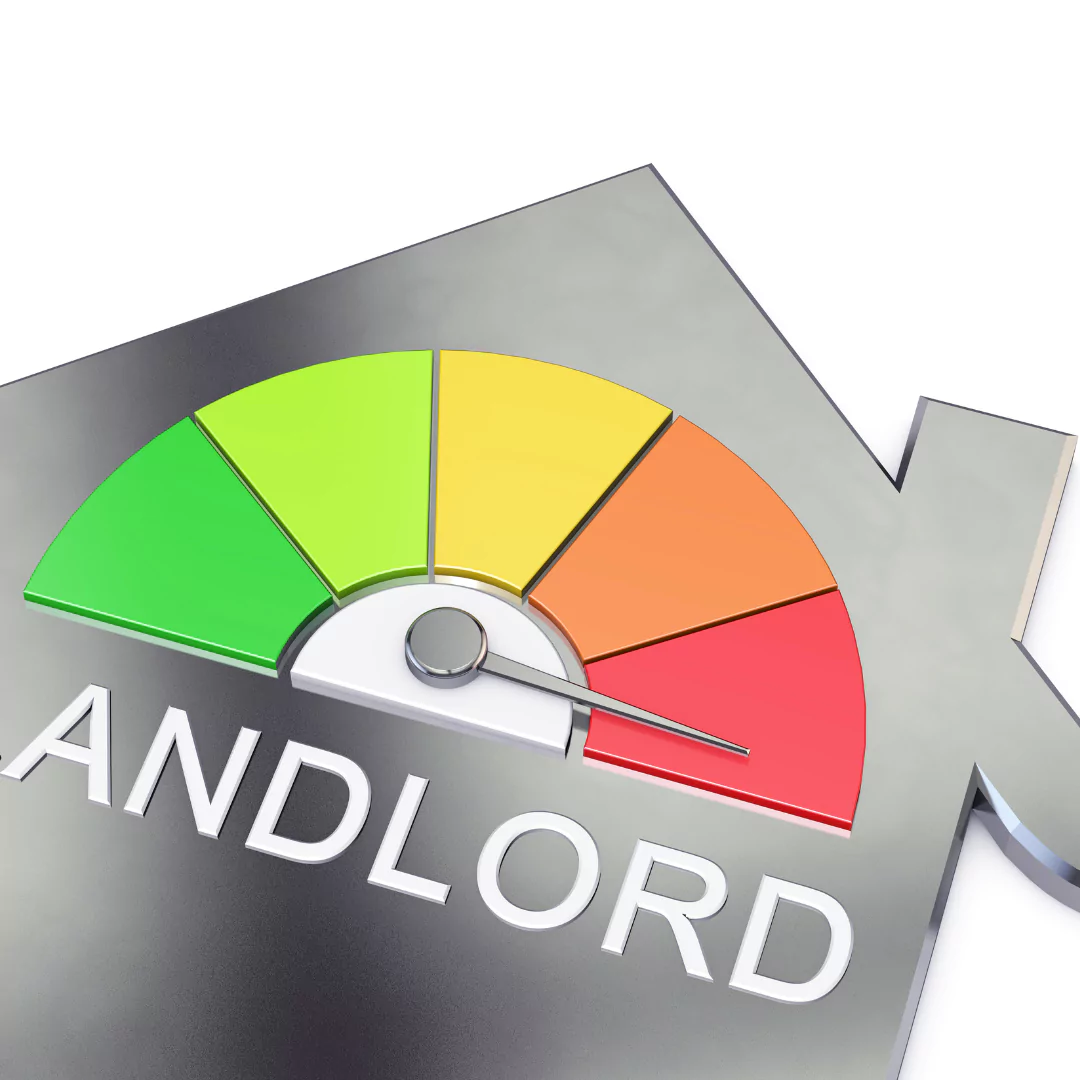Landlords shoulder a substantial responsibility in providing safe and secure accommodations for their tenants. In the pursuit of this commitment, obtaining the right certificates is not just a prudent choice but a legal necessity. This article aims to demystify landlord certificates, offering a comprehensive overview of the legal obligations and certification procedures. Throughout, we will underscore the vital role that engineers play in conducting thorough inspections and upholding safety standards in rental properties.
The Significance of Landlord Certificates:
Landlord certificates encompass a range of documentation designed to validate the safety and compliance of rental properties. These certificates not only fulfill legal requirements but also serve as assurances to tenants that their well-being is a priority. In the intricate tapestry of property management, these certificates are indispensable threads, weaving together legal compliance and tenant safety.
Legal Obligations:
-
Gas Safety Certificate: Landlords are legally obligated to ensure that gas appliances and flues in their rental properties are maintained in a safe condition. An annual Gas Safety Certificate, issued by a Gas Safe registered engineer, is mandatory. This certificate verifies that gas appliances comply with safety standards.
-
Electrical Safety Certificate (EICR): The Electrical Installation Condition Report (EICR) is another essential certificate for landlords. It is a legal requirement to have the electrical installations in rental properties inspected and tested at least every five years by a qualified engineer. The EICR provides insights into the safety and condition of electrical systems.
-
Energy Performance Certificate (EPC): An Energy Performance Certificate is mandatory for landlords, providing information about a property’s energy efficiency. This certificate is valid for ten years and must be made available to prospective tenants, enabling them to make informed decisions about energy costs.
-
Fire Safety Certificate: While there isn’t a single certificate labeled as a ‘fire safety certificate,’ landlords must conduct fire risk assessments, obtaining relevant documentation that ensures compliance with fire safety regulations. This includes maintaining fire doors, providing fire extinguishers, and implementing evacuation procedures.
Certification Procedures:
-
Gas Safety Certificate:
- Engage a Gas Safe registered engineer.
- Conduct an annual gas safety check on all appliances.
- Address any identified issues promptly.
- Issue a Gas Safety Certificate to tenants within 28 days of the check.
-
Electrical Safety Certificate (EICR):
- Hire a qualified engineer registered with a recognized electrical competence scheme.
- Conduct an electrical inspection every five years.
- Issue an Electrical Installation Condition Report (EICR) detailing findings.
- Address and rectify any ‘unsatisfactory’ elements.
-
Energy Performance Certificate (EPC):
- Appoint an accredited Domestic Energy Assessor to assess energy efficiency.
- Provide tenants with an EPC at the beginning of their tenancy.
-
Fire Safety Certificate (Documents):
- Conduct a fire risk assessment.
- Maintain documentation of the assessment, outlining identified risks and implemented measures.
- Provide tenants with relevant fire safety information.
Engineer’s Role in Conducting Thorough Inspections:
-
Technical Expertise: Engineers bring technical expertise to the inspection process, ensuring a thorough evaluation of gas appliances, electrical systems, and overall property safety.
-
Identification of Issues: During inspections, engineers identify potential hazards or areas of non-compliance and provide recommendations for necessary remedial actions.
-
Remedial Actions: Engineers play a crucial role in addressing and rectifying identified issues, ensuring that the property meets safety standards.
-
Documentation and Certification: Engineers issue the necessary certificates, such as the Gas Safety Certificate and Electrical Installation Condition Report (EICR), providing documented evidence of compliance.
-
Educating Landlords: Engineers often play an educational role, offering guidance to landlords on maintaining safety standards, conducting regular checks, and understanding the importance of certifications.
Conclusion:
Demystifying landlord certificates unveils a landscape of legal obligations and procedures crucial for ensuring tenant safety and regulatory adherence. Landlords, armed with the expertise of qualified engineers, navigate this terrain, securing certificates that not only fulfill legal requirements but also serve as testaments to their commitment to providing safe and compliant rental properties. In this symbiotic relationship between legal compliance and engineering expertise, the safety and well-being of tenants remain at the forefront of responsible property management.





